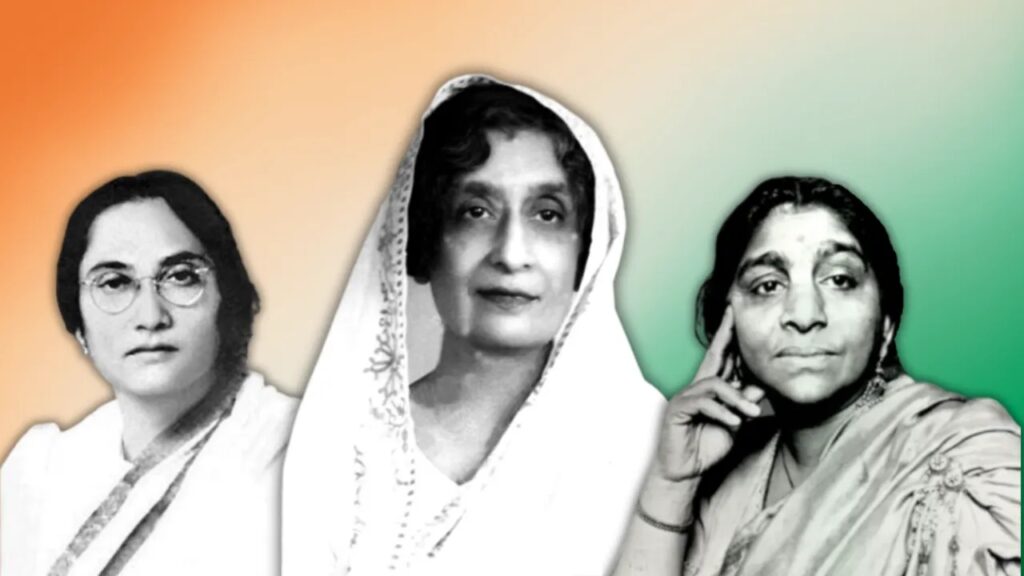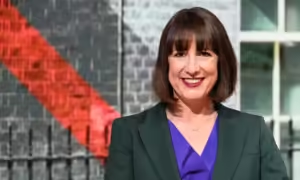Missing Indian Female Freedom Fighters

A recent gender audit report conducted by the Delhi State Council of Educational Research and Training (SCERT) sheds light on the alarming exclusion of women from school textbooks, particularly in terms of female freedom fighters and other notable figures. Examining 53 textbooks spanning 13 subjects, the report uncovers a troubling trend of male-centric language, such as the use of terms like ‘bacha’ and ‘balak,’ indicating a lack of gender sensitivity.
The Indian Express highlighted the SCERT’s findings, emphasizing the textbooks’ disregard for women’s contributions to society.
The gender audit report reveals a significant lack of gender sensitivity in various subjects, including social studies, moral science, environmental studies, English (Bridge Course Level I to IV), and Hindi (Bridge Course Level I to IV).
Key findings from the report include an imbalance in the portrayal of women personalities and fictional characters. The Deshbhakti curriculum, designed to instill patriotic values, missed an opportunity for equitable gender representation, focusing predominantly on male freedom fighters from pre- and post-independence periods.
In the Happiness curriculum, another critical observation is the disparity in the number of male and female characters. The report notes that many handbooks feature a higher count of male characters, with limited use of gender-neutral language.
The gender audit, initiated based on the recommendation of the Delhi Commission for Protection of Child Rights (DCPCR), involved experts from the National Council of Educational Research and Training, Delhi University, DCPCR, and non-government organizations. Gauri Sharma, a committee member from the DCPCR, emphasized the importance of avoiding content that reinforces stereotypes, advocating for gender-neutral language, inclusion of transgender individuals, and highlighting achievements of all genders in unconventional fields.
In conclusion, the gender audit report underscores the pressing need for a more inclusive and gender-sensitive approach in educational materials, aiming to rectify the current imbalance and promote a holistic understanding of women’s contributions across various domains.
Repurposed article originally published in She the people




/shethepeople/media/media_files/hPTYihEyvmTvTolyuJJQ.png)




